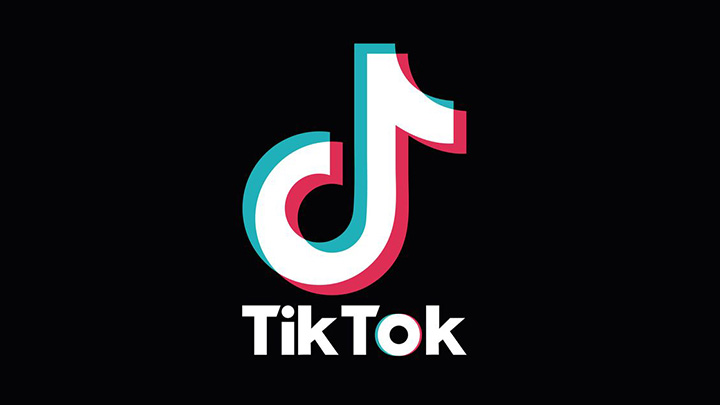In a move to address concerns over the influence of social media platforms, Kenya is taking a measured approach with TikTok.
The Chinese video-sharing app, immensely popular amongst Kenyan youth, will be required to publish compliance reports every three months, as opposed to an outright ban.
This decision comes after the Ministry of ICT (Information and Communications Technology) expressed its reservations about the negative effects linked to TikTok, which include the promotion of explicit sexual content and violence.
John Tanui, Principal Secretary at the Ministry, emphasized the importance of regulation over a complete ban.
"To necessitate easy community reporting," he explained to lawmakers, "TikTok is required to share quarterly compliance reports with the ministry, clearly showing content taken down and the reasons for the same."
Read More
The rationale behind this approach is two-fold.
Firstly, a ban would negatively impact the many Kenyan entrepreneurs and young content creators who utilize the platform.
Tanui highlighted this point, stating, "Banning the platform will hurt scores of Kenyan youth and entrepreneurs using TikTok to generate content and advertise their businesses."
Secondly, the quarterly reports serve as a stepping stone towards a more comprehensive plan to regulate social media in Kenya.
This wider initiative aims to tackle issues like addiction, mental health concerns, data privacy violations, the spread of misinformation, and online child safety.
While TikTok enjoys immense popularity in Kenya, ranking as the third most used social media platform after Facebook and YouTube, with an estimated 10.6 million Kenyans above the age of 18 having accounts, it has also faced criticism mirroring concerns raised around the world.
The Kenyan government's decision to prioritize regulation over a ban signifies a commitment to addressing these concerns while fostering a responsible online environment.






-2 (1)-1713428604.jpeg)


-1714512294.jpg)

